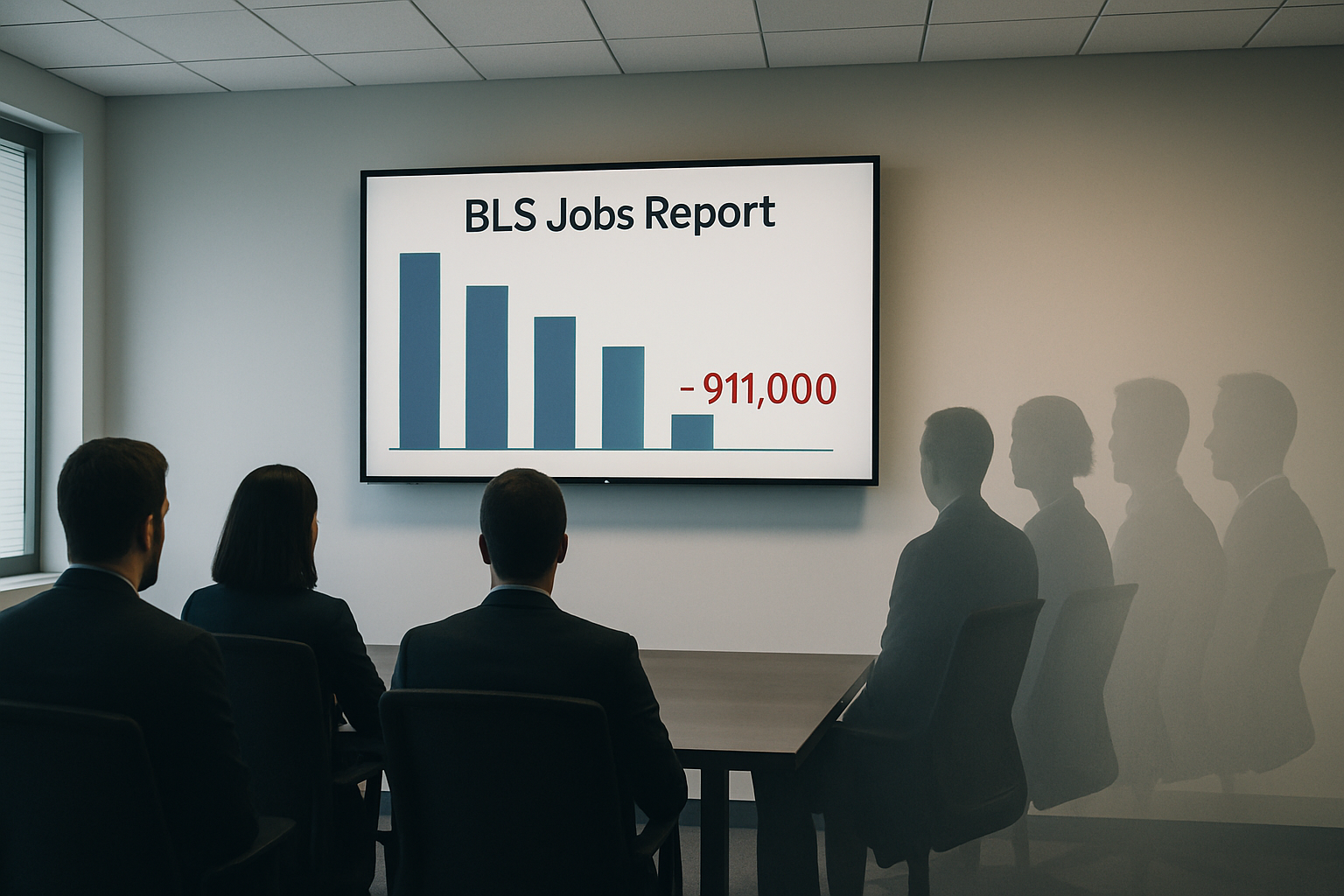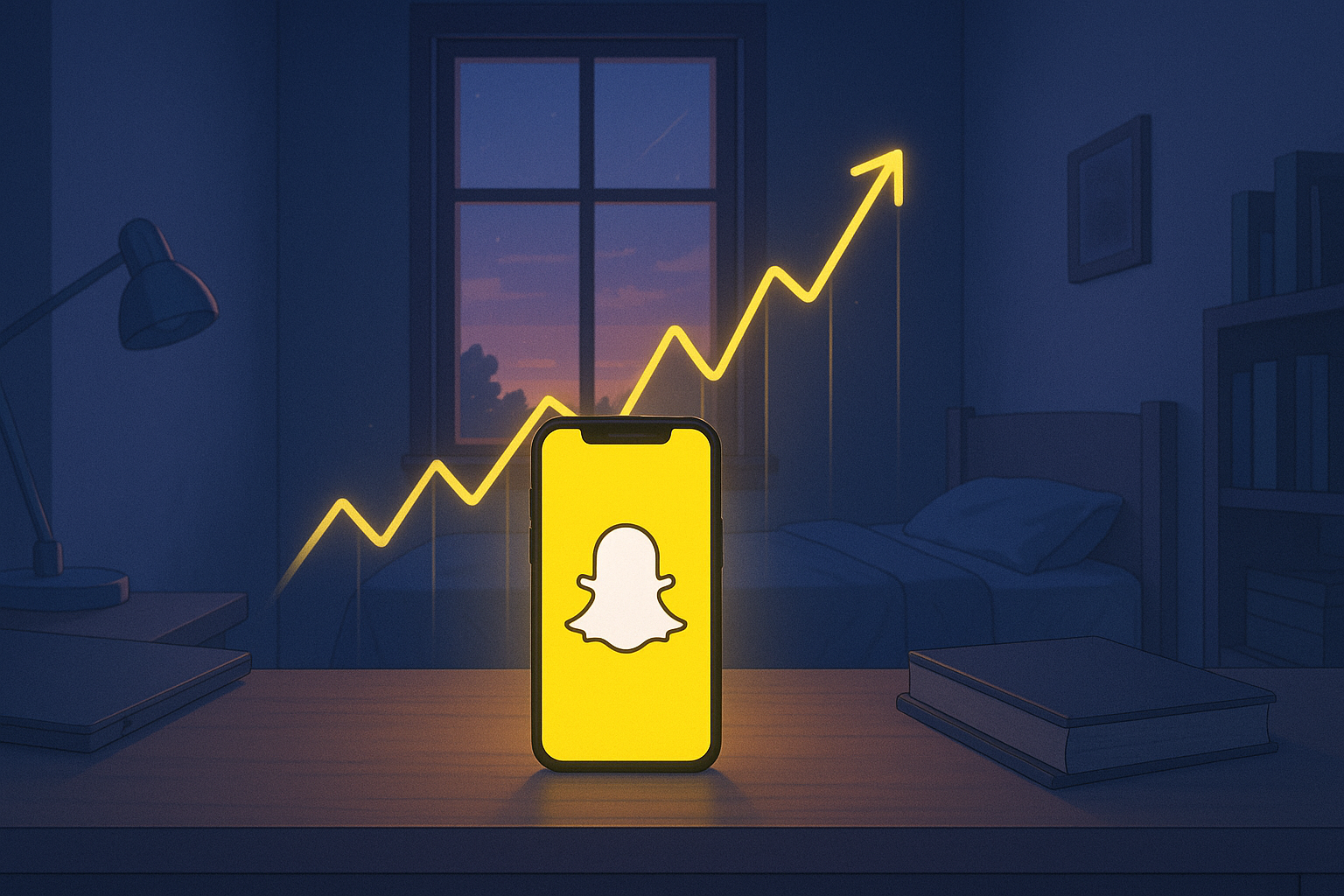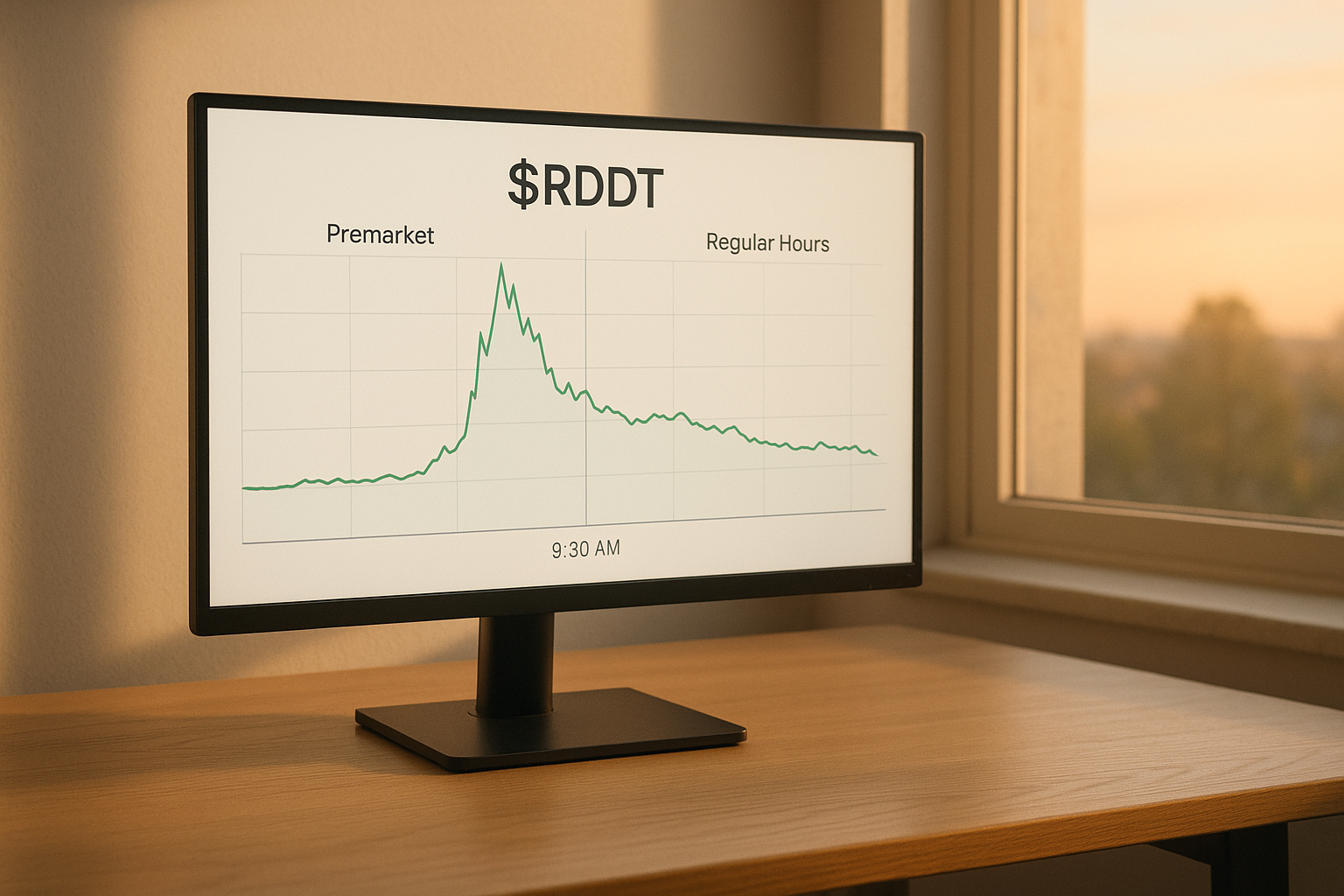Another day, another financial apocalypse prediction from Ray Dalio. The billionaire founder of Bridgewater Associates has once again taken to the financial media pulpit to warn us all that disaster lurks just around the corner. And once again, markets have responded by... continuing to function normally.
Look, I've worked on Wall Street long enough to appreciate a good doom prophecy. They're the financial equivalent of true crime podcasts—deliciously terrifying but rarely affecting your actual life. The problem with Dalio isn't that he predicts crises—it's that he always predicts crises.
The Perpetual Crisis Machine
Dalio operates what I've come to think of as a "perpetual crisis machine." The model works like this: predict financial calamity with impressive-sounding macroeconomic jargon, gain media attention, sell books about navigating said calamity, and then when markets continue upward, simply adjust the timeline.
I mean, he's been warning about the collapse of the dollar, runaway inflation, and catastrophic debt cycles for so long that if you'd followed his advice a decade ago, you'd have missed one of the greatest bull markets in history. It's like constantly canceling beach vacations because the Weather Channel mentioned a hurricane forming somewhere in the Atlantic.
The mechanics of the Dalio model are actually quite fascinating. He's constructed an elaborate framework around his "debt cycles" theory that's just complex enough to seem profound while being sufficiently malleable to explain virtually any economic condition. Which, when you think about it, means it explains nothing at all.
The Media Enablement Complex
What's truly baffling is the media's continued infatuation with these predictions. There's a symbiotic relationship here that I call the "doom content industrial complex." Financial publications need eyeball-grabbing headlines, and nothing captures attention quite like "BILLIONAIRE PREDICTS MARKET COLLAPSE."
The thing is, financial catastrophism sells. It's why CNBC has a stock market crash graphic package ready to deploy at a moment's notice. It's why MarketWatch has probably already drafted "Is This The Big One?" articles for their content calendar. Fear drives clicks, subscriptions, and book sales.
I've been in meetings with financial publishers who explicitly acknowledge that bearish content outperforms bullish content by a ratio of about 3:1. The incentives are clear, and Dalio has mastered the game.
The Asymmetric Payoff Structure
Here's what makes the Dalio strategy truly brilliant: the asymmetric reputational payoff structure. If he's wrong (as he has been repeatedly), people quickly forget, and he simply adjusts the timeline. If by chance he's right (even a broken clock, etc.), he'll be hailed as a prophetic genius for decades to come.
This is the same dynamic that allows market strategists at major banks to predict a 20% market correction every year. The one time they're right, they'll dine out on it for the rest of their careers, while the nine missed calls are quickly forgotten.
For Dalio, there's virtually no downside to perpetual bearishness. His fortune is already made. His legacy as a successful investor is secure. Now he's playing for the "I warned them" hall of fame—a club currently presided over by Dr. Doom himself, Nouriel Roubini, with Peter Schiff eagerly serving as treasurer.
A More Nuanced Approach
The problem isn't that we shouldn't think about financial risks—we absolutely should. Markets do have cycles, bubbles do form, and crises do happen. But there's a world of difference between thoughtful risk assessment and perpetual catastrophism.
What would be genuinely useful is probabilistic thinking rather than binary predictions. Instead of saying "a crisis is coming," how about "these specific market conditions have historically led to instability 60% of the time within a three-year window"? But nuance doesn't sell books or generate clicks.
The financial world is full of uncertainty, and anyone who claims to know exactly what's coming next is selling something—usually a book, a newsletter, or gold coins.
So the next time you see a headline trumpeting Dalio's latest end-times prediction, maybe take it with a shipload of salt. After all, the most reliable indicator that markets will continue functioning normally might just be Ray Dalio predicting they won't.
Things happen: - Meanwhile, Warren Buffett continues buying American stocks while saying very little - The yield curve has un-inverted, which according to some models means we've either already had the recession or it's not coming at all - Hedge fund returns continue to lag passive index funds, but their marketing materials still emphasize "downside protection"




